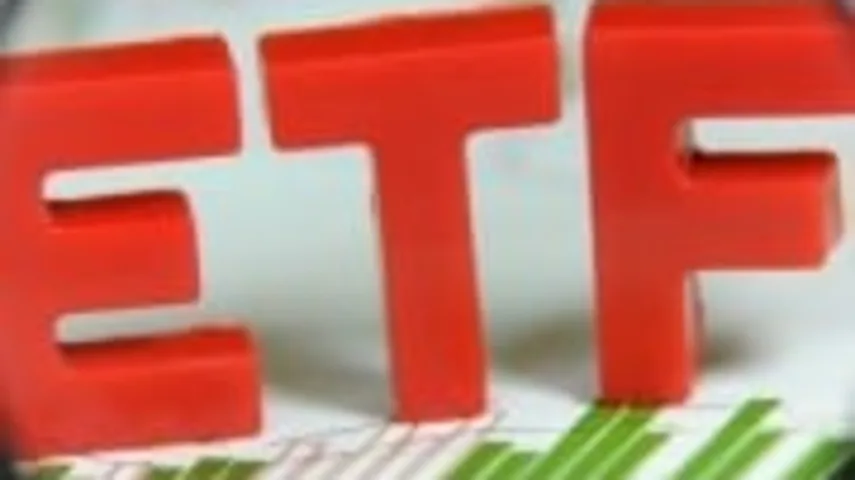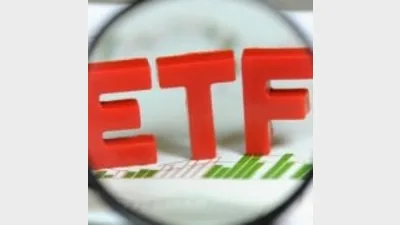Loomis Sayles launches active ETF



Loomis Sayles has become the latest asset manager to launch an active exchange traded fund (ETF) version of its Global Equity fund for Australian investors.
The new fund would be called the Loomis Sayles Global Equity (Quoted Managed) fund and was expected to be launched within weeks.
It would continue to utilise a bottom-up stockpicking approach and a long-term focus on high quality companies that could generate strong free cashflow growth.
“This will offer investors the flexibility to invest via the Australian Securities Exchange (ASX),” the firm said.
“Subject to satisfying all ASX listing and eligibility procedures, a product disclosure statement (PDS) is planned to be available for investors towards the end of September with the new ETF's ticker code to be LSGE.”
Other firms which had recently launched active ETFs including Magellan, Equity Trustees, Antipodes and Fidelity.
The $144 million Loomis Sayles Global Equity fund had returned 28.8% over one year to 31 August, according to FE Analytics, versus returns of 30.4% by the global equity sector within the Australian Core Strategies universe.
In a monthly update, it said performance had been driven by companies in the technology, healthcare and communication services sectors including holdings such as ASML and Nvidia.
Recommended for you
BlackRock Australia plans to launch a Bitcoin ETF later this month, wrapping the firm’s US-listed version which is US$85 billion in size.
Financial advisers have expressed concern about the impact including private market exposure is having on their tracking error budget, according to MSCI.
State Street will restrict its membership of global climate alliance Net Zero Asset Managers after the organisation dropped its flagship 2050 goals amid ESG backlash from the US.
Betashares has launched a global shares and a global infrastructure ETF as part of the firm’s strategic expansion strategy to support financial advisers in building more diversified portfolios.












